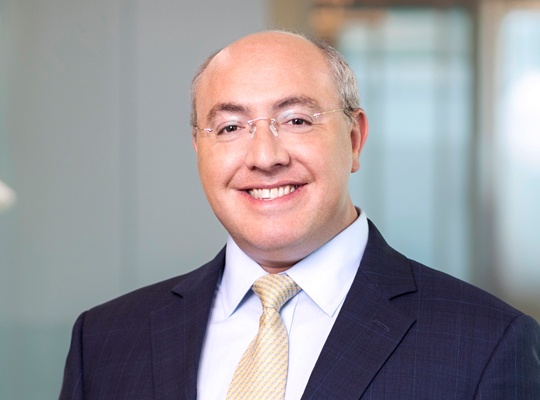Surgeries Conducted More Than a Year Before Patenting Found Not to Bar Patent on Surgical Method

In an important decision impacting life sciences patentees, a divided panel of the U.S. Court of Appeals for the Federal Circuit in Barry v. Medtronic, Inc., affirmed a jury's finding that a doctor was not barred by § 102(b) from patenting a new surgical procedure, even though he performed that surgery on three patients more than a year before applying for a patent.
Section 102(b) bars an applicant from patenting an invention that was either "on sale" or in "public use" in the United States more than one year before the application was filed. In Barry, the majority (Judges Moore and Taranto) held that in each instance, an accused infringer seeking to invalidate a patent must prove that the invention was "ready for patenting" prior to the critical date, which requires a showing that the invention was known to work for its intended purpose and either a reduction to practice or enabling drawings and descriptions. The court further noted that any alleged statutory bar can be negated by evidence that the sale or use was for experimental purposes, which overlaps with considerations as to whether the invention was ready for patenting.
Continue Reading "Surgeries Conducted More Than a Year Before Patenting Found Not to Bar Patent on Surgical Method."
In an important decision impacting life sciences patentees, a divided panel of the U.S. Court of Appeals for the Federal Circuit in Barry v. Medtronic, Inc., affirmed a jury's finding that a doctor was not barred by § 102(b) from patenting a new surgical procedure, even though he performed that surgery on three patients more than a year before applying for a patent.
Section 102(b) bars an applicant from patenting an invention that was either "on sale" or in "public use" in the United States more than one year before the application was filed. In Barry, the majority (Judges Moore and Taranto) held that in each instance, an accused infringer seeking to invalidate a patent must prove that the invention was "ready for patenting" prior to the critical date, which requires a showing that the invention was known to work for its intended purpose and either a reduction to practice or enabling drawings and descriptions. The court further noted that any alleged statutory bar can be negated by evidence that the sale or use was for experimental purposes, which overlaps with considerations as to whether the invention was ready for patenting.
Continue Reading "Surgeries Conducted More Than a Year Before Patenting Found Not to Bar Patent on Surgical Method."
Related Professionals


